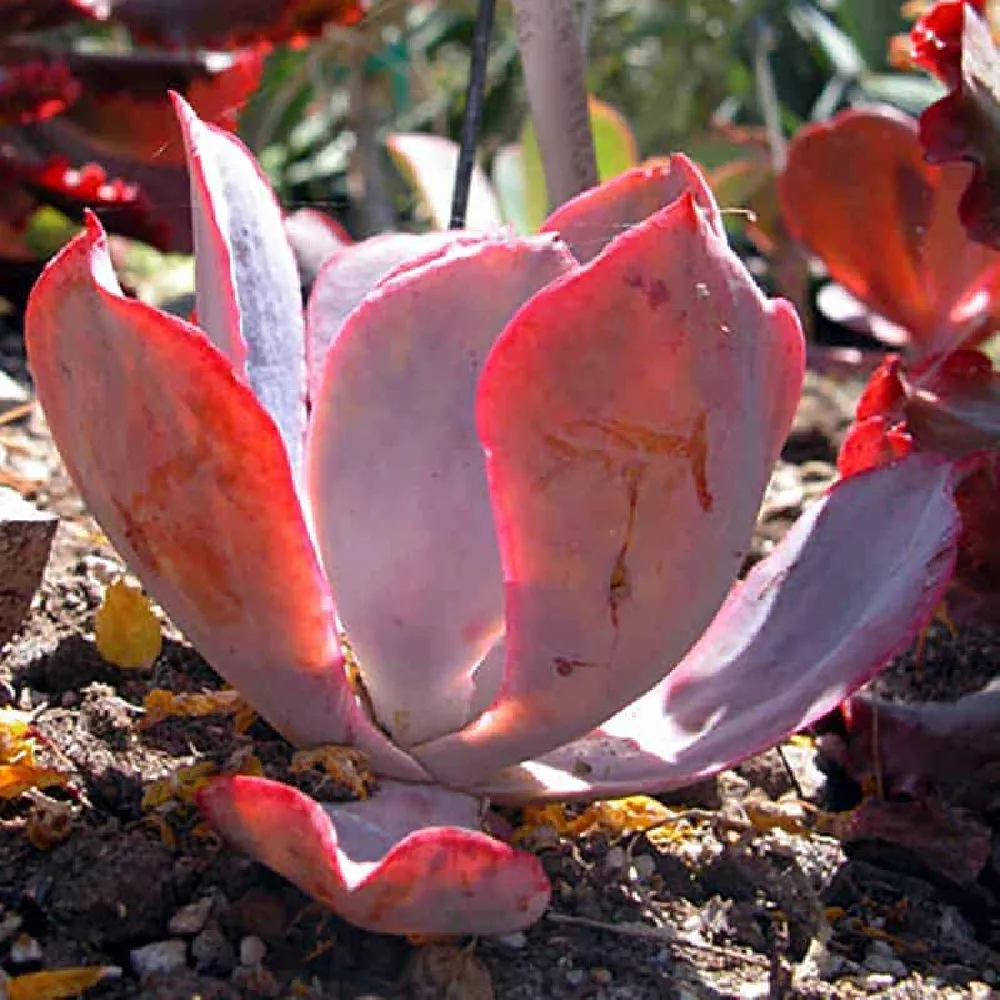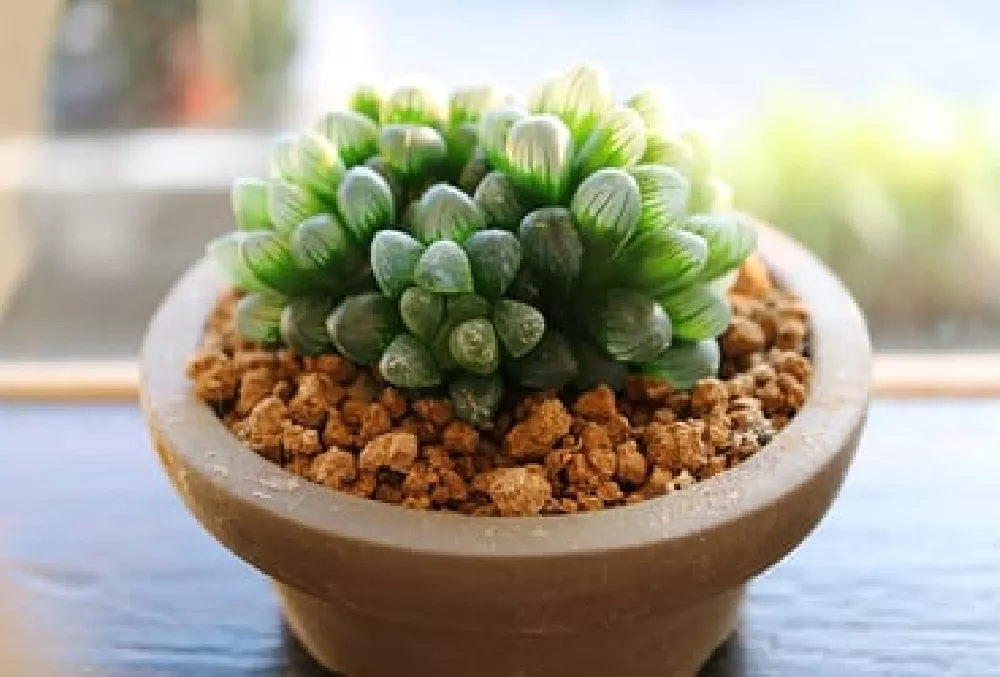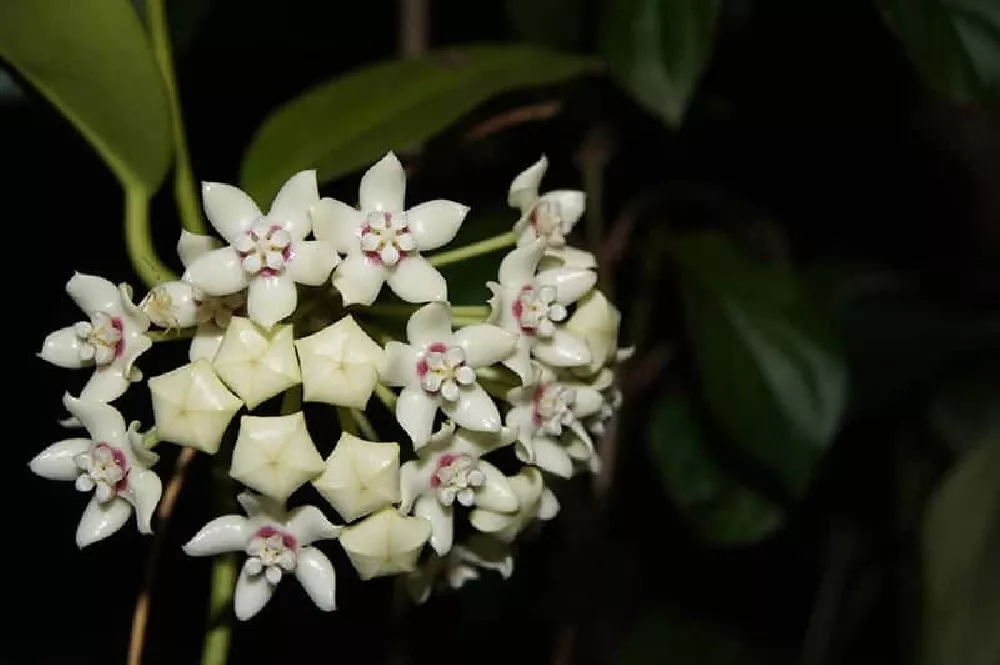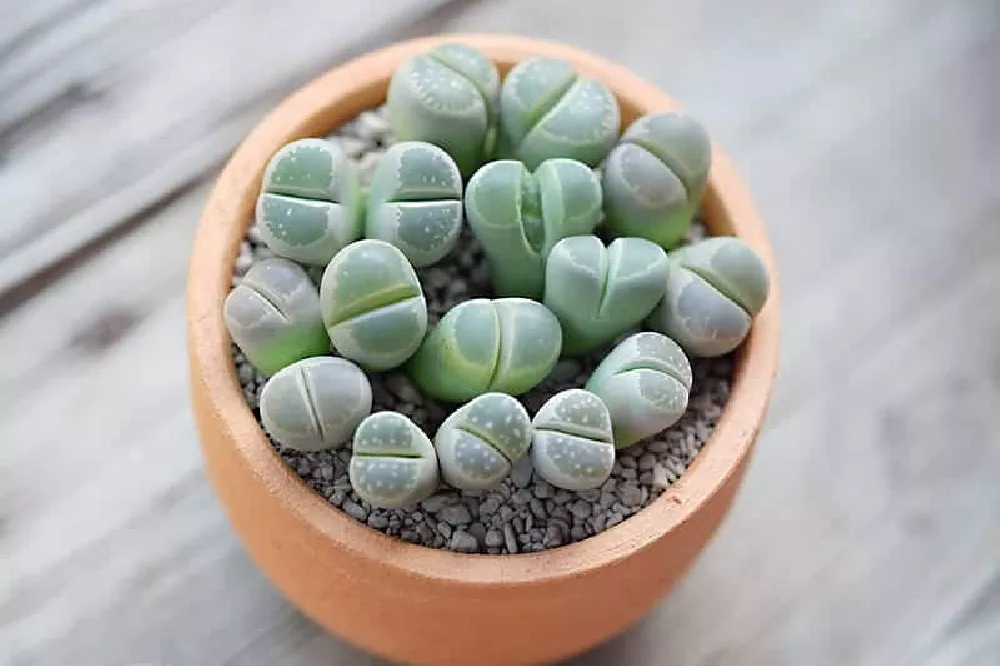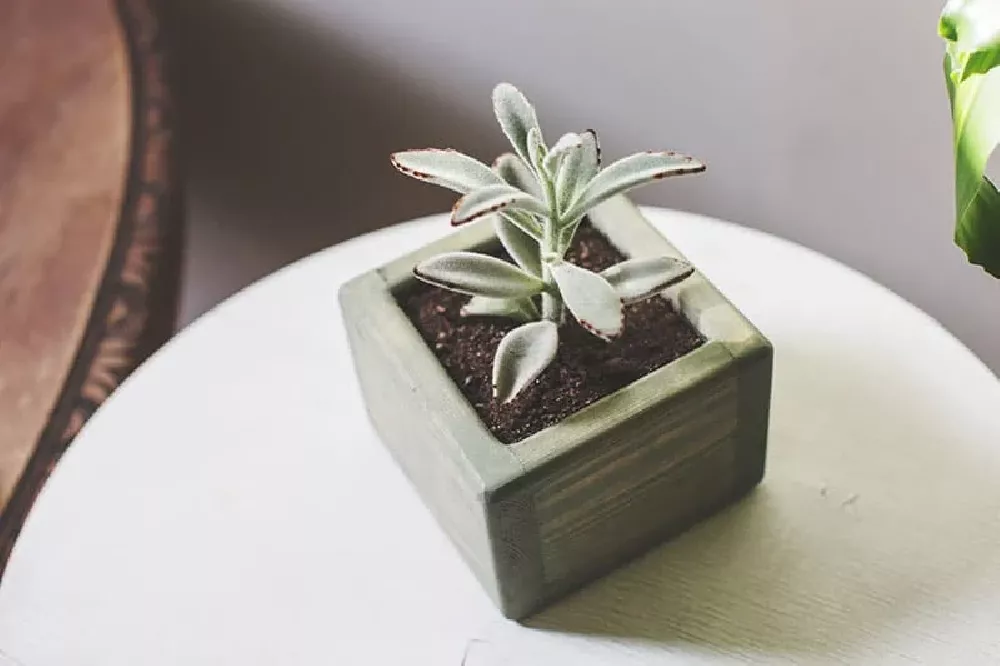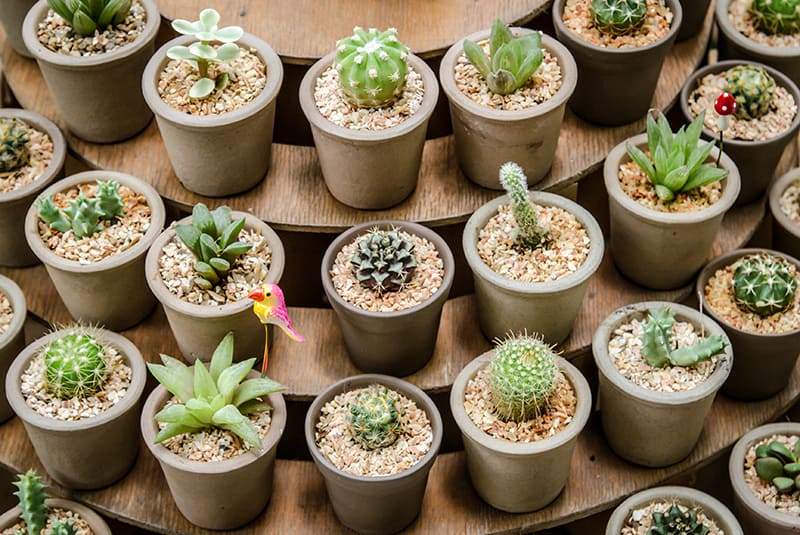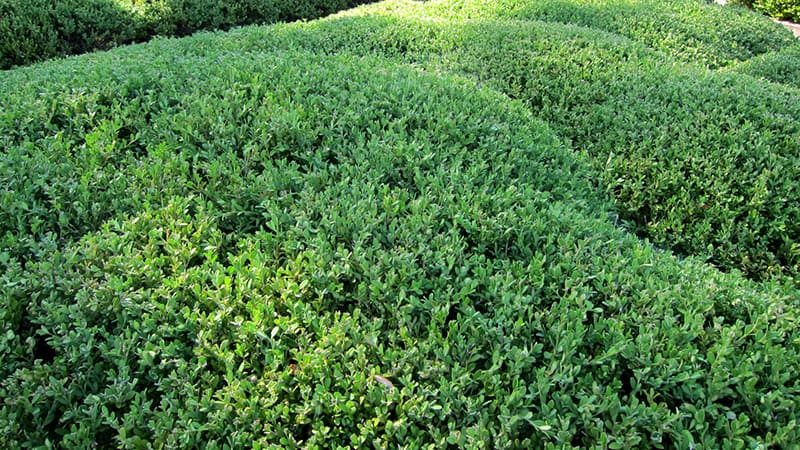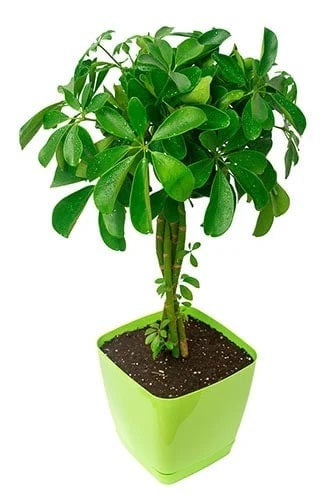- Home >
- Houseplants >
- Mini Succulents
Mini Succulents for Sale - Buying & Growing Guide
Mini Succulents – Buying & Growing Guide
If you are gardening indoors and have minimal space, you have no choice but to grow small plants. Thankfully, there are many plants that maintain a small stature even at maturity. Among those options are mini succulents. Mini succulents carry all the same physical features as normal succulents, but they have a naturally smaller overall size.
Types of Mini Succulents
| Type | Growing Zones | Mature Height | Sun | Features |
| Air plants, Tillandsia | 10-12 | 2 to 12 inches | Shade to part shade: 2 to 4 hours | Long, curling leaves spread in all directions. |
| Minima plant, Echeveria minima | 9-11 | 2 to 3 inches | Full sun to part shade: 4 to 6 hours | Spiral of thick, blue-green leaves. |
| Living stone, Lithops | 10-11 | .5 to 2 inches | Full sun: 6 to 8 hours | Looks incredibly similar to a small stone or pebble. |
| Baby jade, Crassula ovata | 10-11 | 12 to 24 inches | Full sun to part shade: 4 to 6 hours | Vibrant, green leaves with small, white flowers. |
| Houseleek, Sempervivum | 3-8 | 4 to 6 inches | Full sun: 6 to 8 hours | Circles of green leaves with pointed tips. |
| Zebra plant, Aphelandra squarrosa | 11-12 | 12 to 24 inches | Shade to part shade: 4 hours or less | Bold leaves with white stripes. |
| Flower dust plant, Kalanchoe pumila | 9-11 | 8 to 12 inches | Full sun to part shade: 4 to 6 hours | Muted leaves with bold purple flowers. |
| Ox tongue plant, Gasteria | 9-11 | 6 to 24 inches | Full sun to part shade: 4 to 6 hours | Speckled foliage is long and angular. |
How to Care for Miniature Succulents
The best approach to take when caring for a mini succulent or nearly any other type of succulent is to give your plants plenty of sunlight. Most succulent species enjoy sunlight and will struggle to grow in low-light situations. There are some exceptions to that rule, but for the most part, succulents prefer ample sunlight.
Other than sunlight, the main maintenance needs of a succulent revolve around watering. When you water a succulent, make sure that you are watering the soil itself rather than getting the foliage wet. Excessive foliage moisture can easily lead to mold for succulents.
Likewise, the container in which you grow your succulent should have great drainage. Consider a pot with plenty of holes or a fabric grow bag that allows water to permeate through and escape the soil. If too much soil moisture builds, the outcome can be similar to if you water the leaves by accident.
The frequency with which you water your succulent matters too. Ideally, you should wait until the soil of your succulent is completely dry. Once it is, you can soak the roots entirely. Then wait for the soil to dry out before you water again.
Choosing a miniature succulent has a few advantages. The most notable of these is that miniature succulents take up very little space. That means you can situate them in places like small window sills where they can get plenty of light. The small size of mini succulents also makes them a great addition to desks or coffee tables.
